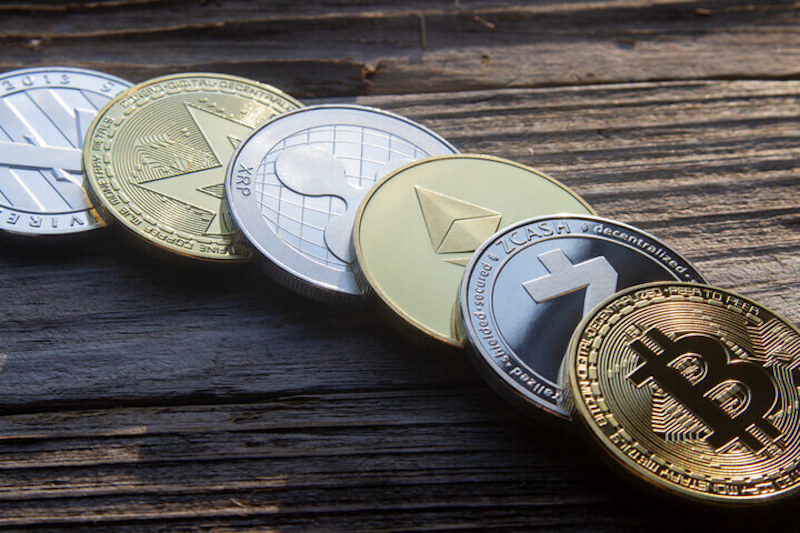
India’s Official Digital Currency – To Be or Not To Be

Until recently the unregulated crypto-currency market was seen to fan illegal or subversive activities such as money laundering, smuggling, drug trafficking and terror financing. As of today, there has been a phenomenal increase in the price of virtual currencies including Bitcoin, in India and globally. This has captured attention of millennial as well as seasoned investors.
In 2019, the Inter-Ministerial Committee in its report recommended banning of the cryptocurrencies in India and imposing fines and penalties for carrying on of any activities connected with cryptocurrencies in India. The legal status of crypto-currencies has thus been in a void for a long time. It also varies substantially from country to country and is globally still undefined.
In the upcoming winter session of the Parliament, the Cryptocurrency and Regulation of Official Digital Currency Bill, 2021 is to be presented. It is projected as a step forward and seeks to: (A) create a framework for creation of an official digital currency to be issued by the Reserve Bank of India (RBI); (B) prohibit all private cryptocurrencies in India; (C) allow promotion of the underlying technology of cryptocurrency and its uses.
The committee which had suggested ban on crypto currencies observed that an official digital currency can have several advantages over the existing payment mechanisms. These include availability of all records of transactions, cheaper alternate for cross-border payments and ease and safety of distribution. The Committee noted that there are several risks and issues associated with its implementation as well. Significant infrastructure investment would be required to issue a digital currency. Validating transactions in a distributed network would involve high electricity consumption and require high computation power. Further, there could be infrastructural challenges on account of electricity outages and internet connectivity.
Most cryptocurrencies are decentralized networks based on blockchain technology—a distributed ledger enforced by a disparate network of computers. Blockchains are managed by a peer-to-peer network. There is however no physical attribute to these currencies/ coins. The Government of India or RBI has not yet authorized any virtual currency as a medium of exchange; nor has it given any license to any agency for working as an exchange or any other kind of intermediary for any virtual currency.

